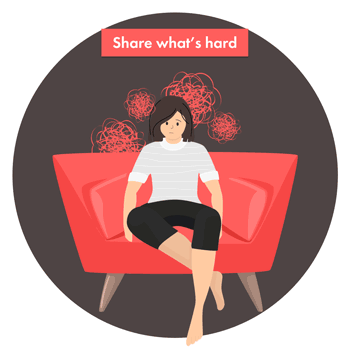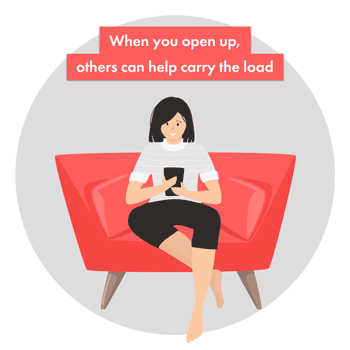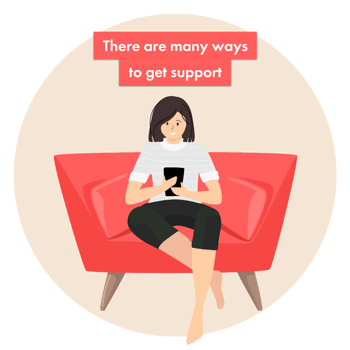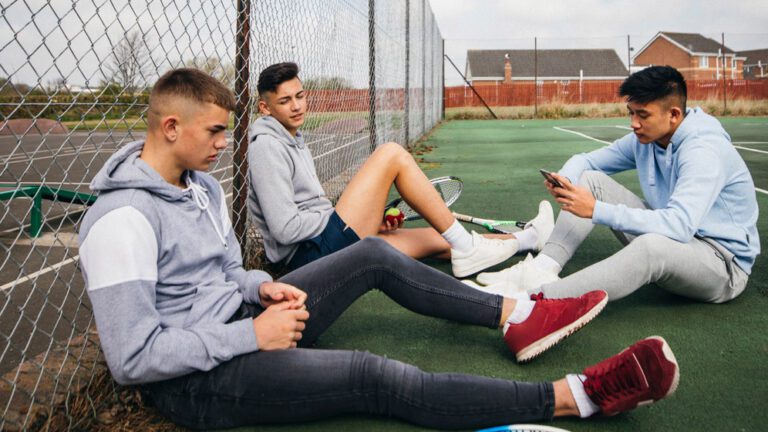In order for them to do that though, those problems need to be on their radar – in other words, you need to open up about what’s happening outside of school.
Your teachers will likely have picked up signs based on your attitude and your performance in class that something is affecting you outside of school. A teacher may have even asked you if you’re okay; but the power is in your hands to open up and let them know what’s up.







